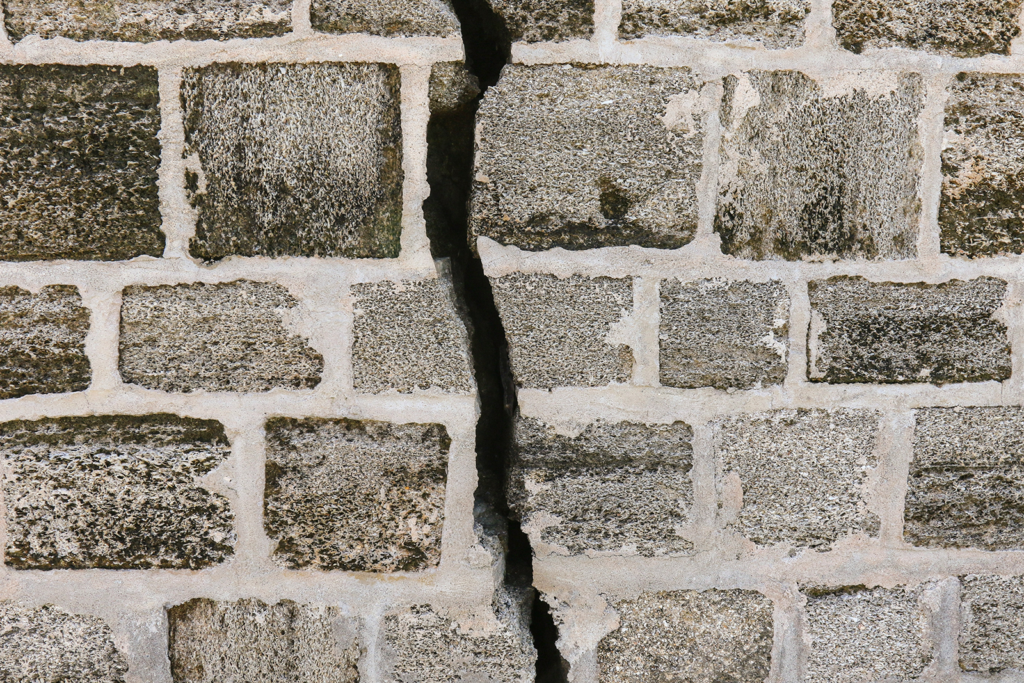It’s easy to begin envisioning your future life once you’ve identified the property that you wish to buy, but keep in mind that much has to happen before you can get your hands on the keys. Until completion day arrives, it’s best to keep an emotional distance between you and your potential future home.

One such obstacle could be the results of the RICs homebuyer survey. While you’ll hope that the survey will provide the metaphorical green light you need to proceed, it’s also possible that it uncovers significant defects that you’ll need to keep in mind when deciding whether to proceed with the purchase.
In this post, we’ll highlight some examples of what constitutes ‘significant defects,’ as well as run through your options should that be the case. And remember, if you’re considering buying a home, then get in touch with NI Surveys, the chartered surveyor East London property buyers can rely on to deliver comprehensive reports.
What Are Significant Defects?
Nobody wants to be told that the property they were intending to buy has significant defects. However, keep in mind that it’s in your best interest to have as much information about a property before you make it your own. The issues that a reliable chartered surveyor may uncover won’t disappear once the property is under your own ownership. You can think of a chartered surveyor East London expert as a trusted partner who will tell you what you need to know before it’s too late.
With that in mind, let’s take a look at what counts as a significant defect within the context of a house survey report.
Structural Concerns
Any issues related to the home’s foundations should be taken seriously. Homes with structural integrity problems can pose a host of problems to new property owners, especially if the problem is actively worsening. The average cost of repairing structural damage is more than £13,000.
Plumbing Issues
A property’s plumbing system should be in full working condition. An issue with plumbing can indicate potential problems including mold growth and damage to the foundations. Anything that shows water pressure or drainage requires additional inspection should be considered a red flag.
Damp
Signs of dampness are taken seriously by prospective home buyers. In the best-case scenario, dampness can lead to a deterioration in the aesthetic appeal of the property. More serious cases can lead to structural damage and mold growth, both of which can be highly expensive to repair. The presence of water leakage doesn’t necessarily mean there’s a full-blown problem, but will certainly require additional investigation.
Electrical Problems
Old electrical systems present short-term and long-term concerns. Short-term, faulty or old wiring can pose a safety concern to inhabitants. Long-term, outdated electrical systems must be replaced, and that’s neither a quick nor cheap job.
This is just a selection of defects that may be included in a RICs survey. To learn more about what we look for, get in touch.
What To Do If RICS Survey Uncovers Significant Defects
The presence of significant defects on a RICs survey demands action from the prospective home buyer, who will have a range of options available to them. Let’s take a look at four such options.
Continue With Purchase
Even if significant defects are identified in the property, you may consider continuing with the purchase. This is usually the case if the buyer is buying the property as a “fixer-upper” and is fully expecting to do a lot of work on the property anyway.
Renegotiate the Price
If the RICs survey uncovers defects that were not previously disclosed, then the buyer may use it as an opportunity to negotiate the price. There are no guidelines for how much should be subtracted from the original offer, but it’s generally in line with the cost and urgency of the work required.
Speak to the Seller
Rather than reducing the cost of the property, the seller may be willing to address the issues themselves before completion day. The price will likely stay the same or may be gently increased if both parties agree to contribute to repairs.
Walk Away
Finally, buyers can always walk from the purchase. If the significant defects seem more trouble than they’re worth, then the buyer will have the right to back out.
Get In Touch With NI Surveys Today
If you’re in need of a RICs homebuyer survey, then don’t hesitate to get in touch with NI Surveys, the leading chartered surveyor East London firm, by clicking here.